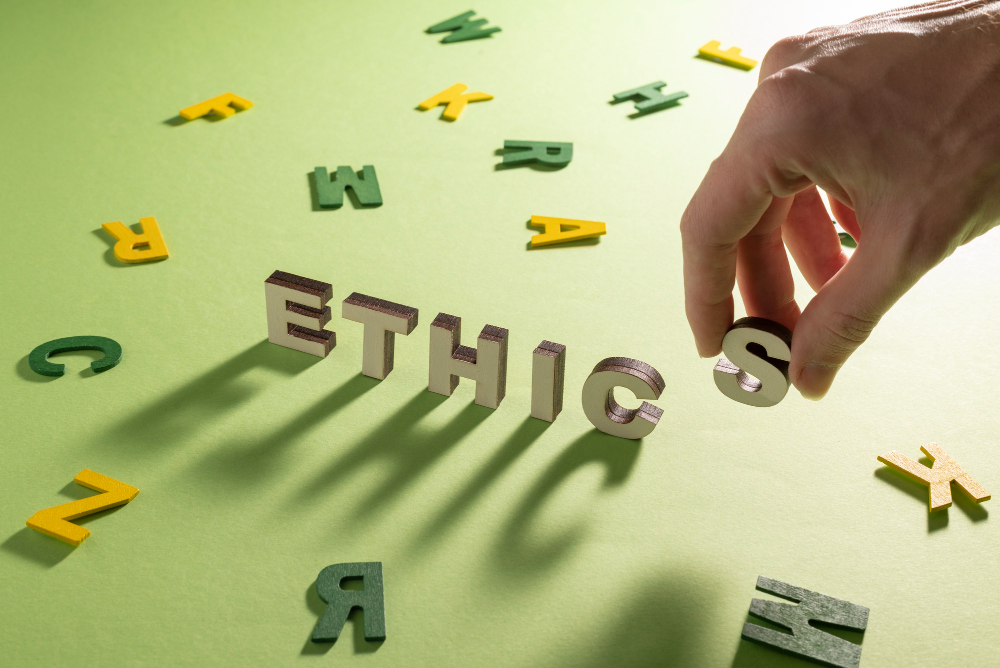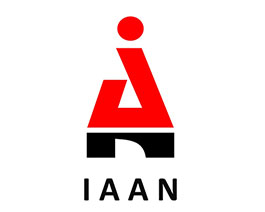
Media Laws and Ethics in India: Navigating the Thin Line Between Freedom and Responsibility
In a democratic society like India, the media plays a crucial role as the fourth pillar, serving as a watchdog, informer, and a bridge between the government and the people. But with great power comes greater responsibility — a truth often underscored by the legal and ethical frameworks that govern journalistic conduct.
This article delves into the foundational media laws and ethics in India, their real-world implications, and why every journalism student must understand them to navigate the complex world of news reporting responsibly.
I. The Constitutional Backbone of Media Freedom
Article 19(1)(a) of the Indian Constitution guarantees freedom of speech and expression, which implicitly includes the freedom of the press. However, this freedom is not absolute.
Under Article 19(2), the State can impose reasonable restrictions in the interests of:
Sovereignty and integrity of India
Security of the state
Friendly relations with foreign states
Public order, decency, or morality
Contempt of court
Defamation or incitement to an offense
Academic Insight:
In media law, freedom and restriction are two sides of the same coin — one enables democratic discourse, the other ensures societal stability.
II. Key Media Laws Every Journalist Must Know
Press Council Act, 1978
Established the Press Council of India (PCI).
Acts as a quasi-judicial body to ensure freedom of the press and maintain high standards of journalism.
Can warn, admonish, or censure newspapers and journalists.
Cable Television Networks (Regulation) Act, 1995
Regulates content on private TV channels.
Prohibits transmission of any program that is obscene, defames individuals, or offends religious sentiments.
Information Technology Act, 2000 (IT Act)
Governs digital journalism, especially on online platforms and social media.
Section 66A (now struck down in 2015) once criminalized “offensive messages,” highlighting the dangers of vague laws.
Contempt of Courts Act, 1971
Journalists must not publish anything that scandalizes the judiciary or interferes with the administration of justice.
Defamation Laws (Sections 499 & 500 of IPC)
Civil and criminal defamation can be invoked if media content harms someone’s reputation.
The Official Secrets Act, 1923
Journalists can be penalized for publishing classified government information, even if done in public interest.
III. The Ethical Code of Conduct
While laws act as boundaries, ethics serve as internal compasses. The Press Council of India’s Norms of Journalistic Conduct lays out a clear ethical framework:
Accuracy and fairness
Right of reply
Respect for privacy
No glorification of violence
Avoidance of hate speech
Differentiation between paid news and editorial content
Academic Insight:
Ethical journalism builds public trust. When ethics erode, sensationalism thrives.
IV. Real-World Case Studies and Examples
✅ Positive Example: The Hindu and Rafale Deal Reporting
The Hindu published investigative reports on the Rafale deal using confidential government documents. Despite pushback from the government, the Supreme Court ruled in 2019 that leaked documents can be admissible in court if they serve public interest — reinforcing media’s watchdog role.
❌ Negative Example: Republic TV’s Coverage of the Sushant Singh Rajput Case
In 2020, Republic TV’s sensational coverage led to accusations of media trial, invasion of privacy, and spreading misinformation. The PCI and civil society groups criticized this breach of ethics, citing serious concerns around trial by media.
❌ Paid News Scandal (2010)
An investigation by PCI revealed that many newspapers and TV channels accepted money to publish favorable content as news during the 2009 Lok Sabha elections — a violation of both ethics and the public trust.
V. Contemporary Challenges in Indian Media
Polarization and Ownership Bias
Media houses owned by business conglomerates often show editorial bias, blurring the line between news and propaganda.TRP-Driven Sensationalism
The race for higher ratings often leads to hyperbole over accuracy, weakening the credibility of journalism.Digital Disinformation
Social media platforms allow fake news to spread faster, often bypassing editorial checks.
VI. The Road Ahead: Reform and Responsibility
To ensure journalism serves democracy:
Journalism students must be trained in media law and ethics.
Media houses should invest in editorial independence.
A stronger, independent regulatory body may be needed for digital platforms.
The Balancing Act
Understanding media laws and ethics is not just about avoiding legal pitfalls — it’s about upholding journalism’s core values: truth, accountability, and public service. In India’s evolving media landscape, young journalists must learn to balance their right to report with their duty to report responsibly.
As future torchbearers of Indian media, journalism students must remember: a free press is only meaningful when it is also fair, accurate, and ethical.



